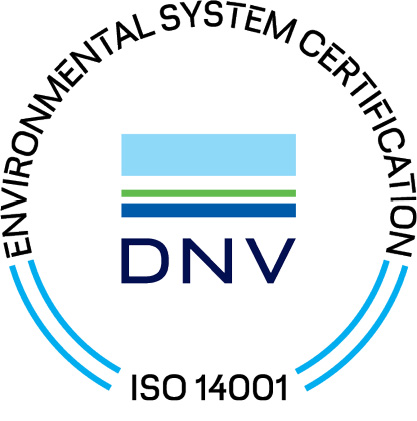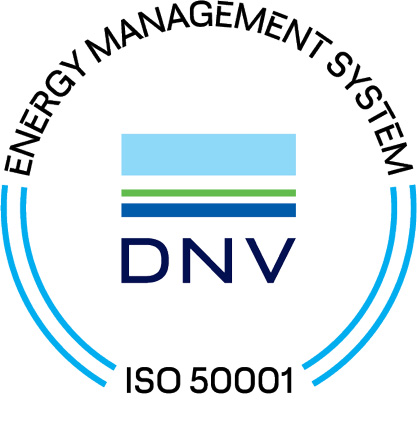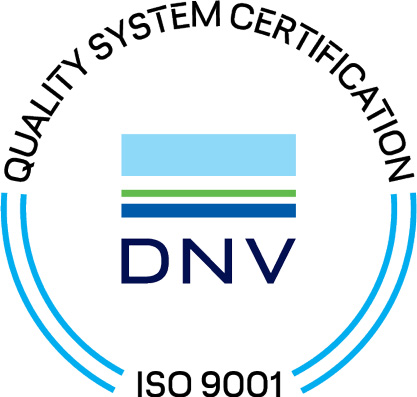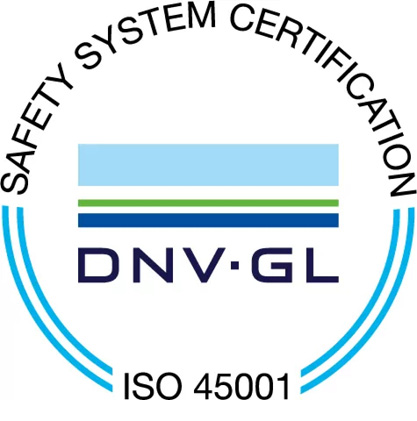

Certifications as a commitment and guarantee by LISKI in a series of transversal and fundamental areas in the development of our business: from environmental management to quality management, from health and safety in the workplace to energy management, having internationally recognized standards is part of among the objectives for sustainable growth of the company.
Environmental Management System
The ISO 14001 Standard represents the normative reference point for companies and organizations equipped, or intending to adopt, an Environmental Management System.
The standard defines an “Environmental Management System” as part of the corporate management system aimed at managing environmental aspects, meeting legislative compliance obligations and addressing and assessing risks and opportunities.
The Environmental Management System is therefore characterized by the development and implementation of the environmental policy and the objectives that commit the organization to full mandatory (legislative) and voluntary compliance (with respect to further voluntary or market-related requirements).

Energy Management System
ISO 50001 represents the new international standard for energy management and offers organizations in any sector, both private and public, management strategies that aim to bring an increase in energy efficiency, a reduction in costs and an improvement in energy performance, which must therefore be integrated into the management of the organization’s daily activities.
The objective of the ISO 50001 standard is in fact to allow organizations to create and maintain an Energy Management System (EMS) which allows them to continuously improve their energy performance.

Quality Management System
The ISO 9001 standard defines the requirements for a quality management system for an organization. It is the reference standard for companies intending to plan, implement, monitor and improve both operational and support processes, designing and implementing the quality management system as a means to achieve these objectives. The customer and his satisfaction are at the center of ISO 9001; each activity, application and monitoring of the activities/processes is in fact aimed at determining the maximum satisfaction of the customer (and, if applicable, the end user). The application phases of the standard start from the definition of the procedures and records for each single process or macro-process identified within the company organization.

Occupational Health and Safety Management Systems
The ISO 45001 standard is the new international model that describes the elements of the occupational health and safety management system (whose acronym is, alternatively, OH&SMS or SGSSL), and provides a reference framework for managing risks and opportunities in order to prevent accidents at work and health problems for workers.
The objective of those who apply this standard is to improve safety performance and provide a safe and healthy workplace.
The ISO 45001 standard therefore aims to help organizations, regardless of size or sector, to design management systems to proactively prevent occupational accidents and diseases.
